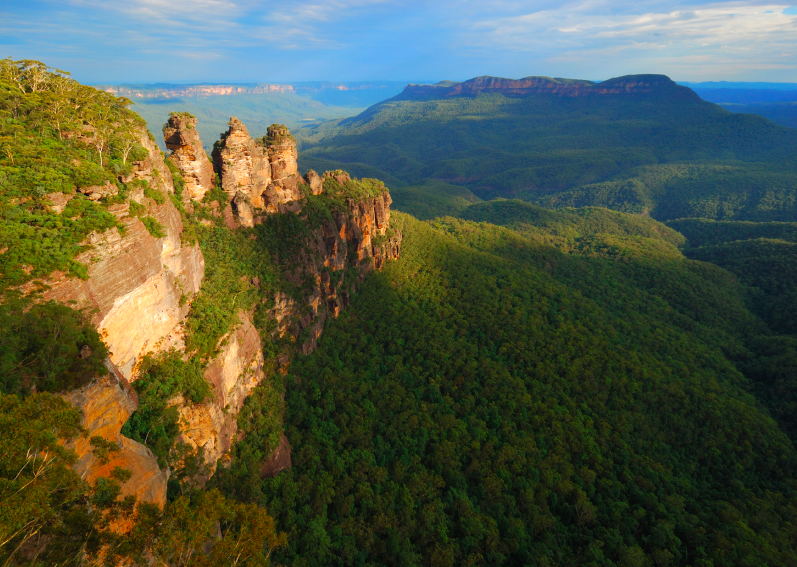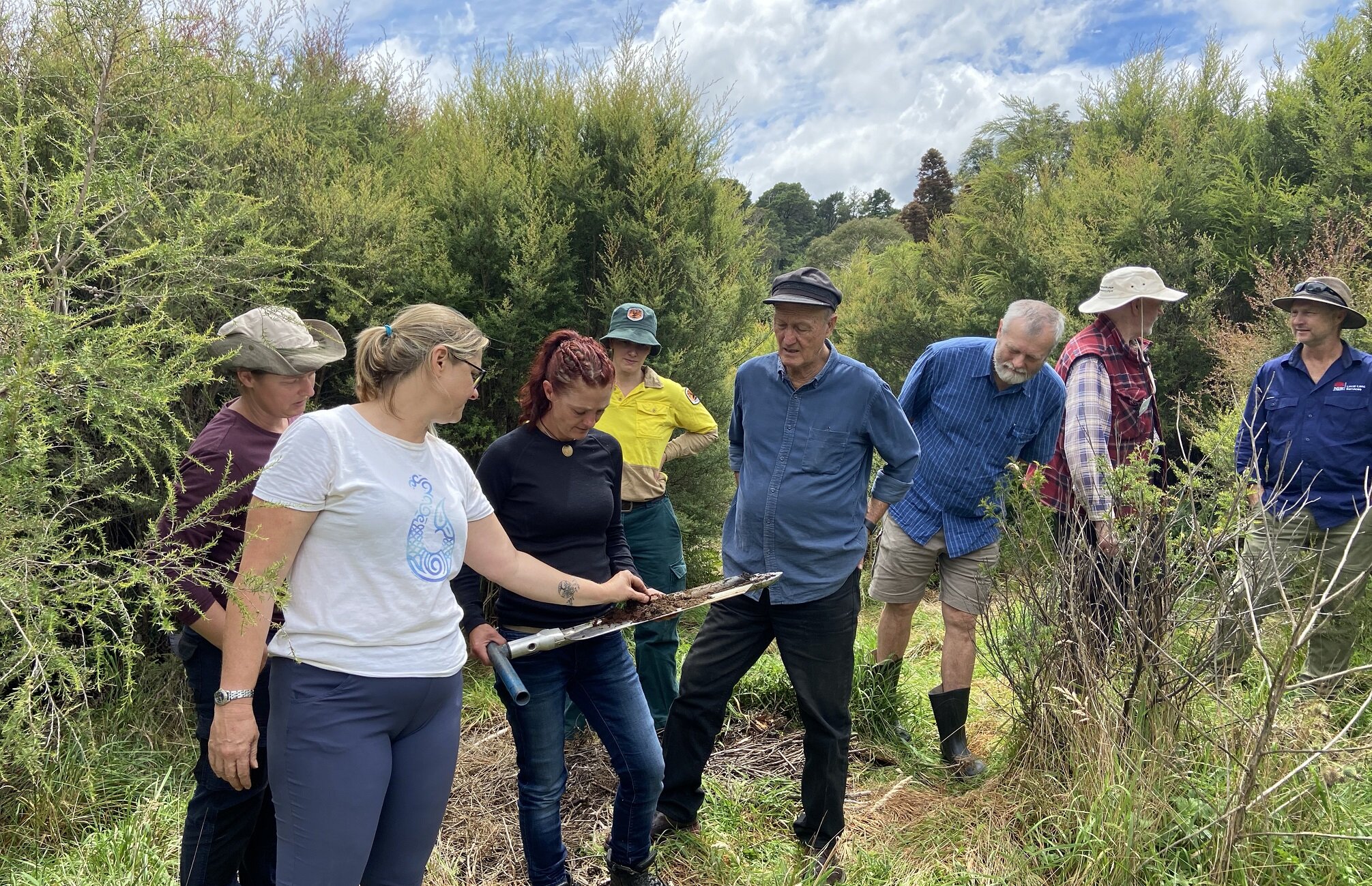We’re proud to release a short film documenting the story behind our recent ‘Recovery’ exhibition. The project involved a creative collaboration between artists and scientists to respond to one of the most challenging natural disasters in recent history.
In tandem, we’re thrilled to launch the Eco-Art space, an online place for eco-artists to network, collaborate and showcase their work as well as serving as the host of the Recovery exhibition.












